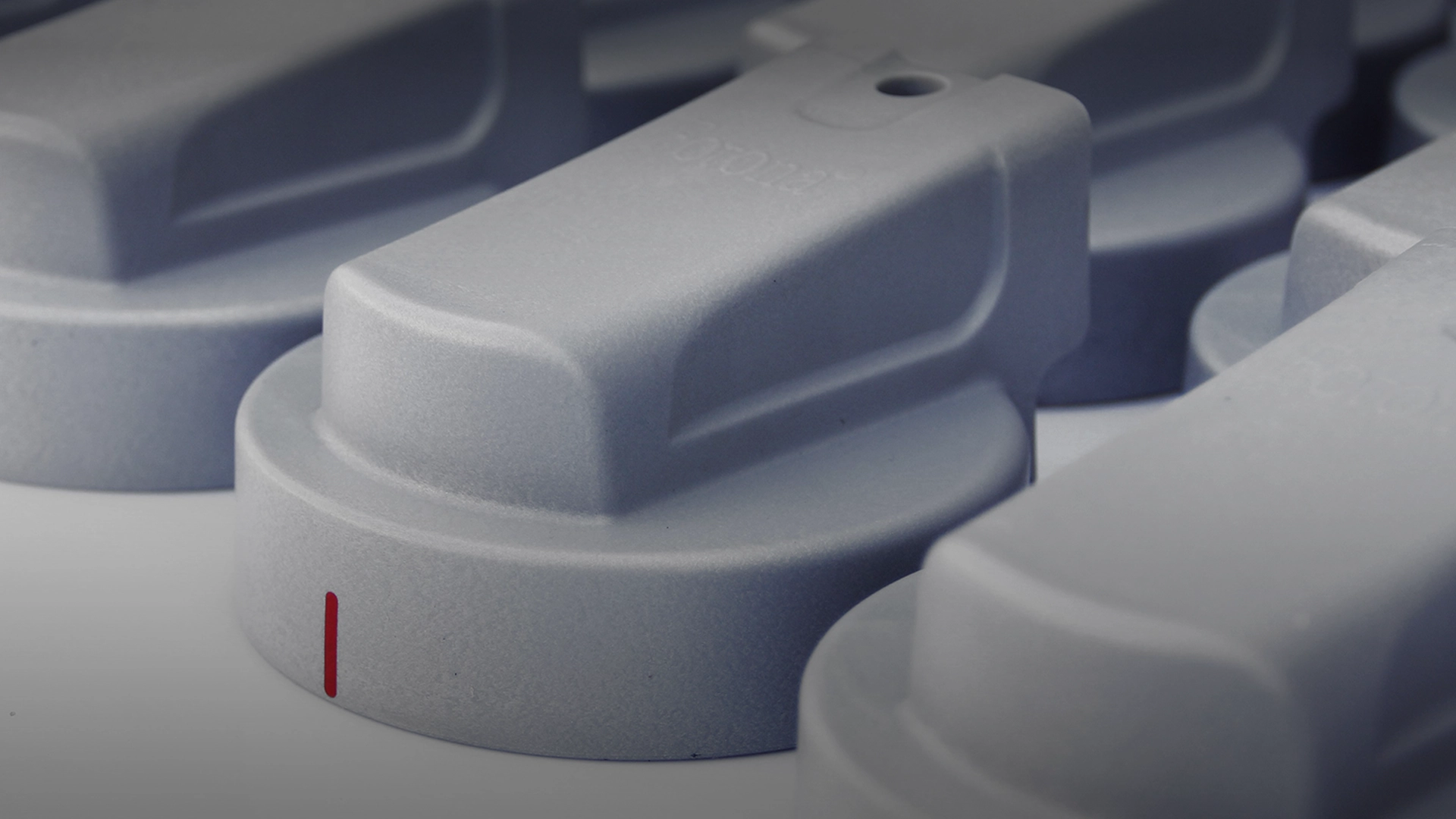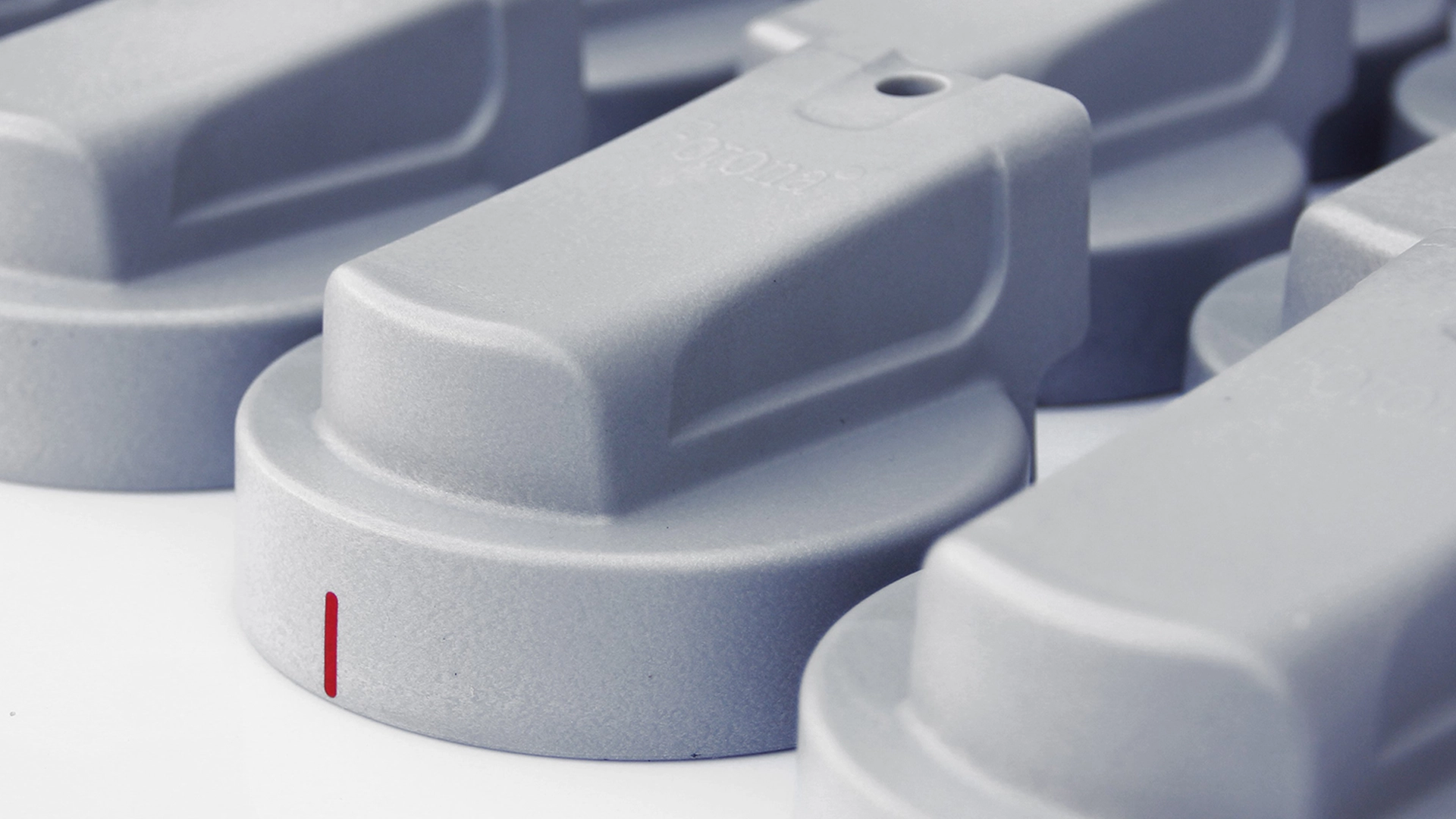Every day many plastic products for medical devices and equipment are used in hospitals, clinics and laboratories all over the world.
But the real question is: why do so many companies choose plastic injection molding for medical devices?
Here are eight main reasons to choose Plastic Injection Molding for medical device contract manufacturing.
1. Control and reliability of the medical grade process
The medical injection molding process is very stable and reliable and involves injection molding design and engineering capable of producing devices of the highest quality. Thanks to today’s digital controls on plastic injection molding machines, process parameters are quickly tuned and generate optimal performance that saves time in the production of injection molded medical devices. The technique is also very accurate and precise.
2. High production volumes and Cost-optimization
Injection molding for the production of medical instruments and devices can significantly reduce the cost per part.
Once the tool is approved hundreds of thousands of plastic medical parts can be duplicated very quickly and economically. As a result, producing so much can recoup the cost of molding over time due to the low price per part.
3. Customized design
Injection molding for a medical device allows designers much greater design flexibility when molding a plastic part than other processes.
Injection-molded parts can integrate several features through a single injection, a process that would otherwise be more expensive and involve more complex, multi-step assembly.
The design flexibility of injection molding meets quality standards and allows medical devices to be produced in large quantities, enabling a timely response to increased demand.
Therefore, the process offers a lot of customization, a range of undercuts, internal & external threads and customized colors.
4. Durability
Enclosures or parts designed using medical injection molding resist vibration, harsh environment and even brute force. They manage not to break, crack or shatter.
5. Sterilization
Injection molding devices follow the guidelines of the US FDA, which also include the sterilisation process. Devices using this technology are biocompatible, non-contaminated [easy sterilization], and safe to use and apply.
Injection-molded medical products resist contaminants and cleaning chemicals, so they withstand repeated sterilisation cycles with great resilience.
Antimicrobial agents such as silver ions, are, in some cases, mixed into the molten plastic so medical device surfaces are resistant to microbes and, therefore, longer product life cycles.
These are significant advantages that make it the ideal process for medical device manufacturing creating inexpensive, highly efficient, and high-quality parts for medical devices.
6. Product Development Time
Manufacturers using plastic injection molding for medical devices can reduce overall time. The products developed in a short time and the few mistakes that can be made make this technique perfect for Medical Device Contract Manufacturing. Adopting Injection Molding for manufacturing ensures a competitive advantage in the market.
7. FDA Regulations & ISO Certification
FDA regulations are a priority for all medical device manufacturers. Plastic Injection Molding improves sterilization, strength, durability and ease of handling. Continuous monitoring of the injection molding process makes it easier to comply with ISO & FDA regulatory standards.
8. Reduced Device Weight
Weight reduction is one of the many advantages of injection-moulded medical devices.
Unlike conventional molding methods, injection-molded polymers have unique mechanical properties that improve the performance of medical devices by significantly reducing the device’s weight.
For example, if wearable medical devices are much lighter, patients requiring continuous monitoring are able to wear their devices while carrying out their daily activities.
Would you like to learn more about injection molding for a medical device?
Creanova has extensive experience in injection molding of complex, high-quality housings and is here to help. Through DFM, Mold flow analysis, Polymer definition, Tooling, Product Validation, we anticipate any possible problems and bring your project to the desired end product while optimising time.
We complete our medical device contract manufacturing services with PCB production and programming, Quality Control, Assembly, Product traceability (ISO 13485), Labelling & packaging, Storage & Logistics.
Finally, to meet the needs of our clients, Creanova offers assembly services through its facilities in Italy and Serbia – this gives us a competitive advantage in terms of cost as well as vicinity to Europe – with ISO 13485 certification. These are just some of the reasons why medical device companies have been turning to Creanova for the production of their medical devices for around 20 years.

